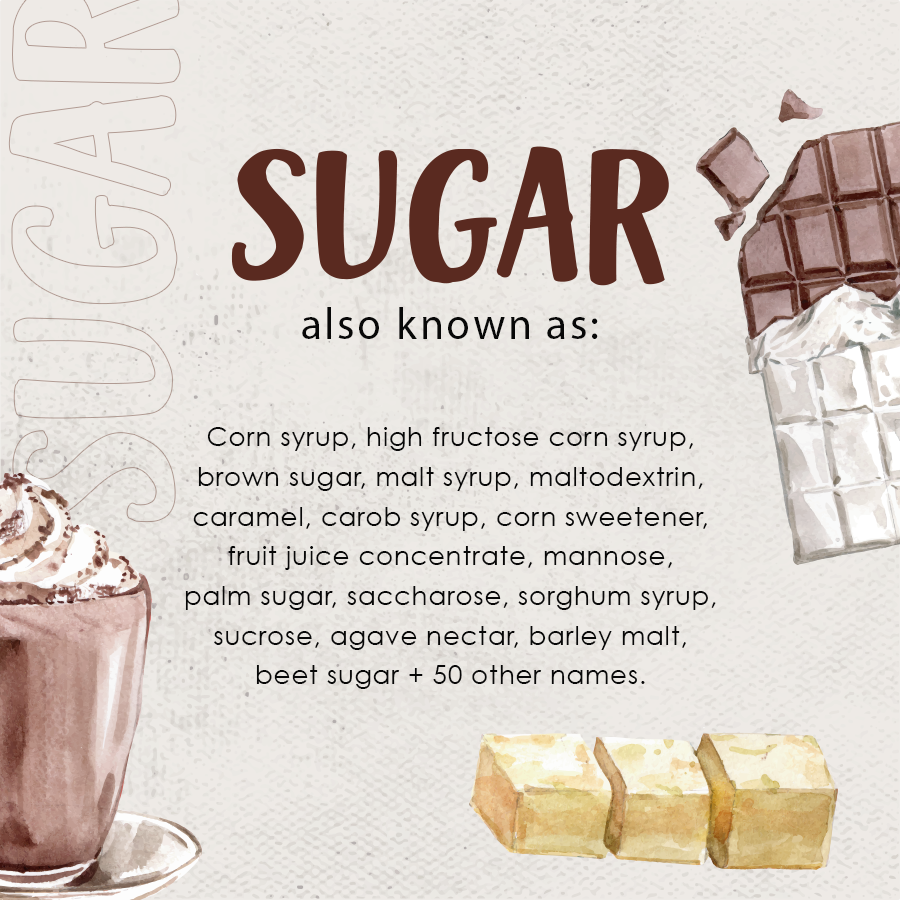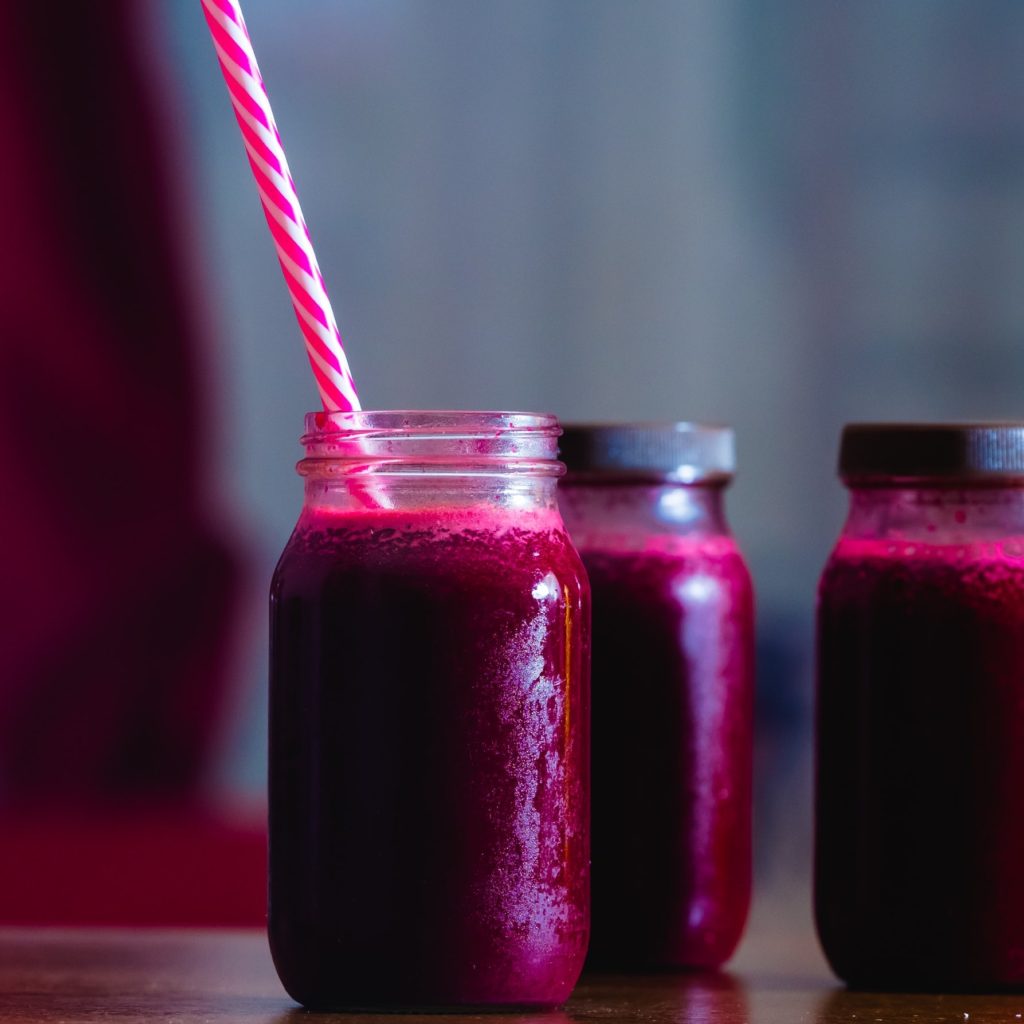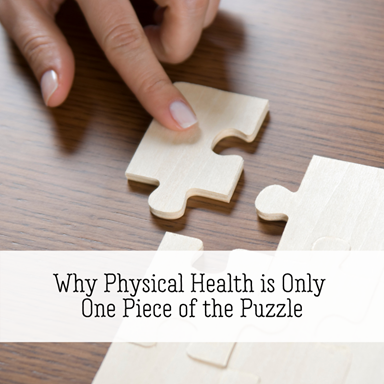Counting calories and other diet myths busted
Figuring out the right diet for you is challenging! And it is made even harder by all of the information – good and bad – readily available online.
It’s important to recognize that not all of the information that we read and/or believe is actually true when it comes to dieting and your body.
Here are six common misconceptions when it comes to health and nutrition. Read more on weight loss myths here
🚫 Carbs are bad.
Healthy carbs are a source of important nutrients they are fibre rich, contain B vitamins and prebiotics. In fact, your body needs carbs to burn for energy. Eating whole grains have been shown to protect against heart disease, stroke type 2 diabetes and obesity.
Refined carbs and carbs from added sugars are NOT good for you – but carbs from whole-grain, fiber rich foods are healthy.
And don’t ditch the fruit. It’s an amazing healthy carb and according to Australian researchers adding two servings of fruit to your daily diet can help ward off type 2 diabetes. This research is adding to the growing body of evidence on the health benefits of eating fruit.

🚫 If it says “Low-Fat” or “Fat Free” or “Diet”, it is good for you.
These catch-phrases on processed foods at the grocery store may make you think that they are healthy – but most usually have added ingredients and sugar. And they can actually lead to weight gain because you overeat them! Whole foods are a much healthier choice. Read about healthy fats here
🚫 My metabolism is slow.
Haven’t Changed Anything in Your Diet But Getting Fatter?
You are positive that you’re not eating more food or “junkier” food but you’re still gaining weight. Is it possible that you have a slow metabolism? According to Chih-Hao Lee, Professor of genetics and complex diseases at Harvard’s T.H. Chan school of public health, a sluggish metabolism cannot be entirely blamed for weight gain. He says, “The reality is that metabolism plays a minor role.”
Metabolism includes all of the biochemical reactions in your body that use nutrients and oxygen to create energy. And there are lots of factors that affect how quickly (or slowly) it works, i.e. your “metabolic rate” (which is measured in calories).
But don’t worry – we know that metabolic rate is much more complicated than the old adage “calories in calories out”! In fact it’s so complicated I’m only going to list a few of the common things that can slow it down.
Examples of common reasons why metabolic rates can slow down:
- Aging
- Hormones
- low thyroid hormone
- your history of dieting
- your size and body composition
- your activity level
- lack of sleep
- Stress
You can read more about metabolism and how to rev it up here

🚫 Non-nutritive sweeteners are healthy alternatives to sugar.
Sweeteners are actually significantly sweeter than regular sugar – 200 to 600 times sweeter! And when you repeatedly eat artificial sweeteners, your body gets used to the super sweet taste and it can actually make you crave more sweet stuff. Read about artificial sweeteners here

🚫 Smoothies and juices are healthy.
A lot of smoothies and juices are very high in sugar, calories – and often lower in nutrients than eating the fruit itself. Eating the whole fruit is far more satisfying and nutritious. Balance a homemade smoothie with a handful of greens. If it’s going to be a meal replacement, don’t forget the protein.

🚫 Losing weight and being skinny = being healthy.
Everyone’s body is different. There is no one size or shape that fits all. And there is no one size or shape that is the definition of healthy. It’s an evolving science. One piece of the health puzzle is physical health: a balanced diet that fits your specific body requirements and daily exercise that challenges your muscles and that includes your heart muscle.


